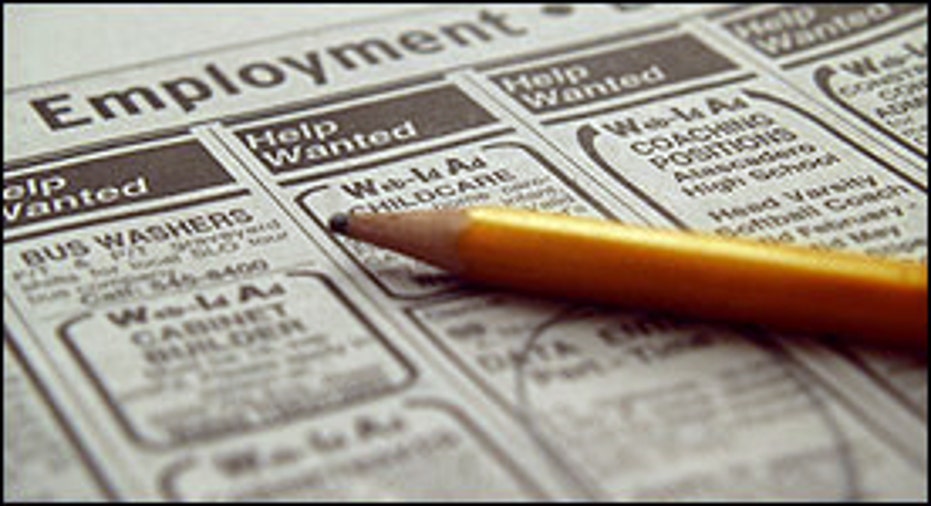Why the ‘Gig’ Economy is a Recipe for Disaster

It’s going to be interesting to watch 2016 presidential hopefuls dance around the increasingly disruptive role of technology in our nation’s economy. After all, the Silicon Valley elite represents a key constituency in terms of power, influence and money.
On Monday, Hillary Clinton talked about the opportunities and challenges of what she called the ‘gig’ economy. She didn’t mention Uber, Lyft or Airbnb by name, but it’s no secret that she was referring to startups driving the “on-demand” economy and the growing shift to self-employment.
About a third of the American workforce is now made up of solopreneurs: self-employed contractors, consultants and freelancers who work part-time and short-term gigs for a living. While that’s nothing new for the likes of construction workers, fitness trainers, hairdressers and musicians, the digital revolution has enabled millions to join their growing ranks.
The broad proliferation of smartphones, Wi-Fi, mobile apps, broadband and the social web have lowered the barriers for almost anyone to do their own thing on their own terms instead of committing to a full-time job. The question is, is that a good thing? For some, maybe, but for most – and for the American economy as a whole – I think it’s a recipe for disaster.
We’re already beginning to see where this trend is leading us. Workforce participation and new business creation rates are at multi-decade lows, and that alarming trend is most evident among the millennial age group – where unemployment and underemployment rates are almost twice that of the general population.
Clearly technology is not entirely to blame for those long-term trends. But when combined with sociopolitical factors – a broad de-emphasis on personal responsibility, remarkably flawed fiscal policy and false rhetoric that the deck is stacked against the average American – it’s certainly an enabler. Indeed, we have seen a significant shift to lower-wage jobs since the recession.
I’ve heard a number of tech leaders spin the sharing economy as a win for workers. They say it enables greater flexibility that favors better quality of life because people can choose how much they want to work and dial their workload up or down depending on their specific needs.
That sounds great on paper, but let’s be honest with ourselves for just a minute. What percentage of people do you think are self-driven, focused and disciplined enough to leverage that model into anything better than living hand to mouth? I think we all know the answer, and it’s definitely a small minority.
Besides, the jobs enabled by the social web and the sharing economy are not exactly career-making opportunities. If you’re not the rare entrepreneur who founds a successful startup like Airbnb or Etsy, then you’re probably earning peanuts and barely skating by driving an Uber car, renting a room, generating online content, life coaching or some combination thereof.
Most troubling is a problem nobody ever talks about: the growing cultural acceptance of mediocrity. If you do away with the stigma of underemployment and underachievement, you make it too easy for people to settle into a life of mediocrity and apathy. That’s fine for the born slackers society has to carry, but what affect will that have on those who might have otherwise been more productive?
Consider this: Like many people, I graduated with a useless degree and couldn’t find a decent job after college. So I boomeranged back to my folks’ apartment and worked part-time for minimum wage. But my parents had drilled into me a powerful work ethic and sense of personal responsibility. I knew I’d let them down. Hell, I’d let myself down. And I know that this result was simply unacceptable.
Desperate and miserable, I would have done anything to find a solution to my dilemma – even take a drive with my girlfriend’s cheesy father to the technology startup where he was an investor. That glimpse of a possible future – a bright and hopeful future – was all the motivation I needed to go back to school, become an engineer and climb the corporate ladder to a successful career in the high-tech industry.
But what if I’d been born a millennial instead of a boomer? What if I’d never felt the shame of having fallen so far short of my family’s, society’s and my own expectations? I might very well have blamed everyone but myself for the hand I’d been dealt and settled into a the life of a run of the mill slacker renting pieces of his time, his possessions, and his self esteem, one gig at a time.
The very notion that all I’ve achieved over all those years might never have been – erased by a new set of cultural, political and technological norms – makes my skin crawl.



















